I began this list when the world was a kinder place and man’s inhumanity to man hadn’t grown so exponentially. Now I look at back at some of these readings with a different eye. I feel a strange nostalgia for the stories where the worst dramas are purely personal and political violence is absent.
#70 in 2023
Read about Iran — who, me? Never. And yet I was enthralled by John Ghazvinian’s America and Iran: a history, 1720 to the present, all 600 pages. Apparently his first draft was double that number, and maybe I would have gorged myself on that, too.
I hadn’t realized for how long the country was brutally exploited by the British and the Russians. The Americans were supposed to save them from all that. The first American ambassador to Persia was greeted like royalty; in 1911, an American was appointed by parliament to be the treasurer-general of Persia. What went wrong? The answer to that question is the story of this book.
If you are shaking your head and saying, Baņuta, everybody knows what happened with the shah and the hostages and Carter and Obama, I have to reply no, everybody doesn’t. Not everybody knows how much carnage was caused by the interference of the British secret services, the coup d’états plotted by the CIA. After a while it becomes pretty clear why the ayatollahs call America ‘the Great Satan’.
Ghazvinian writes with a great sense of humour and a canny knowledge of how to build suspense. I learned a few new words from him, like ‘slumgullion’, and ‘pelf’, which describes money gained in a corrupt way. His parents are Iranian and he feels anguish for their lost country. He wants us to know not only how Iran became a pariah nation, but also who is interested in keeping it that way, and why. The name Netanyahu crops up quite a bit.
Days after I finished the book, Narges Mohammedi won the Nobel Prize. She is an Iranian women’s rights activist imprisoned for decades, chanting Woman — Life — Freedom from her jail. Strangely, the struggle for human rights is absent from these 600 pages — men exploiting and oppressing other men dominates the narrative. Yet with Iran back in the headlines, it’s time to bone up on its history.
#71 in 2023
How is it that no one cries out, no one spits in a face, no one hurls himself at someone's chest? ...Behold the wondrous possession of one man by another. Behold the terrible passivity that nothing can break.
I have had my fill of Holocaust literature and doubted my capacity to read any more. I was reluctant to read Tadeusz Borowski, Here in Our Auschwitz. Yet lately I’ve been thinking a lot about complicity and collaboration, and that’s how Borowski’s name popped up. The fact that historianTimothy Snyder wrote the introduction to this new translation was another lure. And what I discovered is some very fine writing.
The world was never Borowski’s oyster. Both his parents were sent to Siberia. At the age of twenty, this gifted young poet landed in Auschwitz as a political prisoner, as did his Jewish girlfriend.
Trigger warnings galore, folks. The stories are always disturbing. People normalize everything as they prod, guide, and force a million people to find their way to a gas chamber. Survivors make acid jokes, write hopeless letters, smuggle tiny bits of food. Nothing about Borowski is warm and fuzzy, and yet he notes the colour of the sky and worries about his lover.
"There are big trucks in the city," the driver said. ..."The streets are empty; it's terrifying to drive there. People say that once they're done with the Jews, they'll be deporting us."
I especially liked his story about Warsaw on the verge of disaster; it’s a rare panorama of an occupied city. There’s a wedding, gramophones, vodka; a runaway from the ghetto kneels next to a stack of books at a party and can’t remember when she last held a toothbrush.. If you’re not Jewish, you’ll be snatched in the street and exported as a slave labourer to German factories and fields; these unfortunates are imprisoned in a school nearby. Meanwhile the narrator is waiting for the ink to literally dry on the covers of his new book of poetry, the covers are hanging like wet linen, he’s been printing valuable advice (accompanied by diagrams) on how to conduct street battles in large cities... as well as sublimely metaphysical hexameters that expressed my disdainful attitude toward the apocalyptically blowing wind of history.
The gendarme on patrol grew grayer and smaller in the retreating darkness that left him behind like a strand of forgotten seaweed on the shore of a street that was emptied of people.
For a moment the world was reduced to a single street that pulsed like an open vein.
#72 in 2023
On a happier note.
I was listening to an excellent podcast called Empire (thank you, Diz), run by two renowned historians, William Dalrymple and Anita Anand. One day the guest was Sathnam Sanghera, and though his bestseller Empireland sounds excellent, his misery memoir landed on my list instead: The boy with the topknot, a memoir of love, secrets and lies in Wolverhampton.
If you don’t live in England the town of Wolverhampton will mean nothing to you, and if you do live in England, better not go there. However bleak, a high concentration of Punjabi immigrants landed there in the 1960s, and ergo it’s where Sanghera calls home even when he is working at a high-paying job in London and interviewing famous people.
You can shut the door on the past, but no matter how much you try to beat the present into submission, it keeps coming back at you, like those comedy birthday candles that refuse to be blown out.
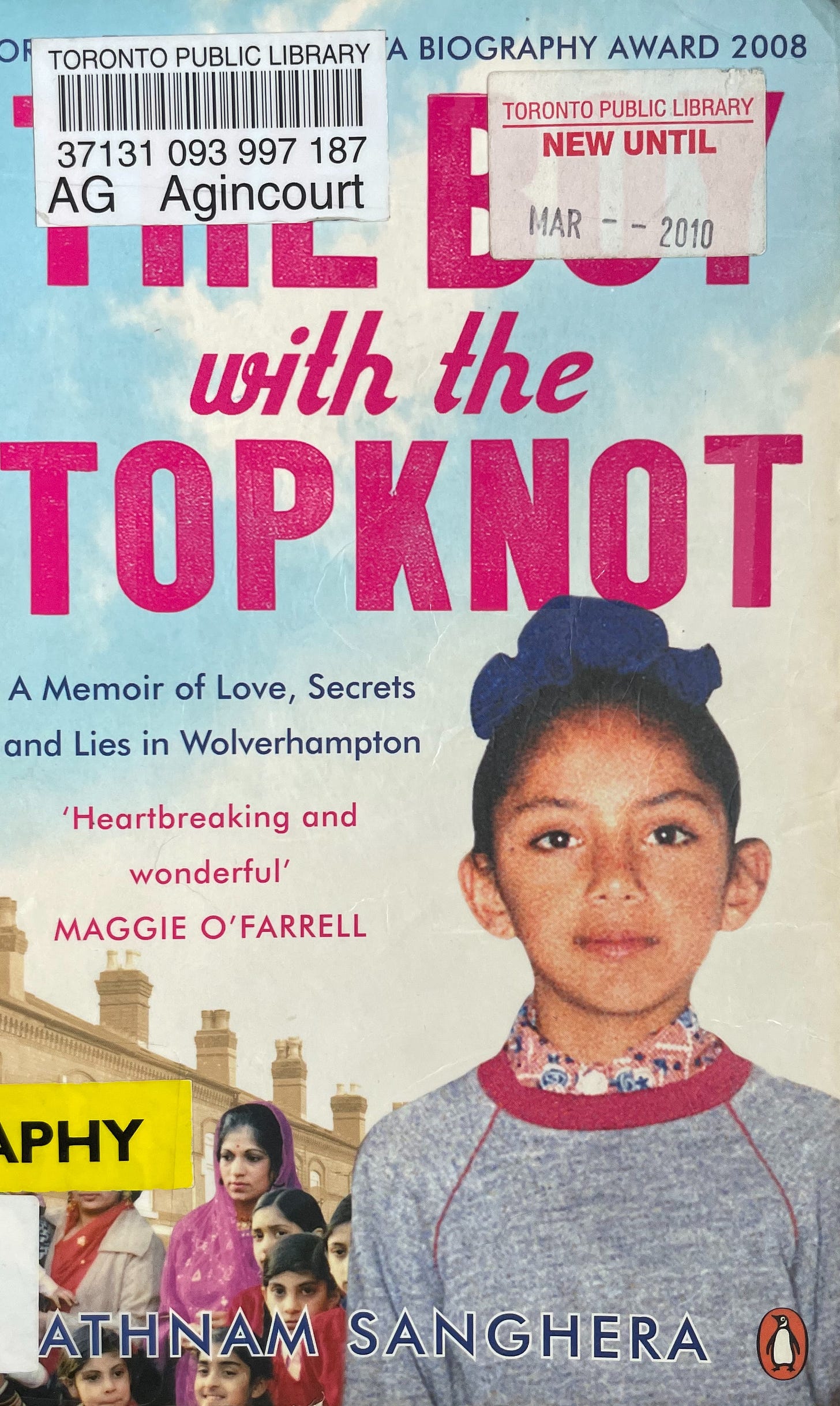
I assumed his book would be about the racism he experienced growing up Sikh, but it was not, or at least — barely. He writes about what it means to be Punjabi and raised by a mother who never learns to speak English and a father who is illiterate, by a community whose values collide massively with the world that the son inhabits. So far that is a somewhat familiar narrative. But the main driver in this story is the (spoiler alert) biggest secret which I am revealing because the main reason a bookish person not living in the UK and not Punjabi-born would read this story is how Sanghera writes about schizophrenia and what it does to a family.
There are lots of horrendous diseases out there, that rob you of your dignity and bodily functions, that kill you, but to have one that robs you of your sense of self, makes you frightened of your own mind, those who you love frightened of you…There is little worse.
#73 in 2023
Speaking of complicity, I once sat on a rickety plank in the tips of a tree next to a hunter, waiting for a herd of wild boar to come storming at dusk, and he shot one, and not only did my husband make delicious boar stew, but also I felt like Artemis redux and saved the bloodied corkscrew tail in the freezer for many years. For this reason alone, I felt uneasy all the way through Olga Tokarczuk’s novel, Drive Your Plow over the Bones of the Dead.
My bookish friend Maureen was disappointed because I had started the book some years ago and didn’t finish; it was in an audiobook format and I couldn’t bear the voice of the woman reading it. In honour of bookishness, I tried again. In the traditional silent-book format it’s an engrossing story, set in the Polish mountains on the Czech border, with lots of animals and mushroom pickers and sundry eccentrics. The title comes from William Blake, who is one of the patron saints of this novel; the other one is St. Hubert, unlikely patron saint of hunters.
It occurred to me that if there really was a Good God, he should now appear in his true shape, as a Sheep, Cow or Stag, and thunder in a mighty tone …
It’s hard to discuss this novel without giving away the plot. Some call it a thriller, even an eco-thriller, because the bodies keep mounting. And that’s where my philosophical wheels got stuck; I questioned the moral underpinnings of this story, who gets forgiven, and who is punished, how, and for what. I have also to admit feeling skeptical about Tokarczuk ever since I read Anna Badkhen’s criticisms about another book of hers, Flights. Something glib at the centre, I think. Many, many will disagree with me, and some of you are my dearest bookish friends! So let’s just say I am not the Target Audience, and don’t knock me on the noggin with a frozen deer head.
Tokarczuk has won many awards and Theatre de Complicite turned the story into a show this April.
#74 in 2023
Here I’d just penned a short essay about endangered languages and how my name (Baņuta) is likely to disappear forever when the next book I picked up had a failed scholar as the hero who is studying, guess what, endangered languages. One of those languages, according to Emily St. John Mandel, is Québecois (spoken by more than 8 million), which is why, though the story begins in New York, it ends on the Last Night in Montreal, amidst snow and nonpareil cold and the bars and strip clubs on St. Catherine.
HIS THESIS PROPOSAL DEADLINE passed like a signpost through a slow car window, like the last sign before the beginning of a trackless wilderness.
… of the six thousand languages currently spoken on this earth, 90 percent are endangered and half will be gone by the end of the century…His work was part reconstruction, part thesis, part requiem, he told her…Imagine, he said, losing half the words on earth.
It’s always interesting to read an early work by an author you come to know and love through a later one, which is, for me, Station Eleven. You can see the writer learning her ropes, figuring out how to spin out her characters, how to twist a fine plot. There’s a quest at the core of the story, as unlikely and strange as the one in Station Eleven, and it teeters on the tightrope of believability, but never quite crashes to the ground. The character of Lilia, the girl who can’t stop moving, who leaves messages in motel Bibles, and who likes to make long lists, will linger with me for a long time. Perhaps because she thinks she is being followed? In fact, she is being followed and that’s why she dwelt for some time in the hinterland between sheer paranoia, and reasonable suspicion.
Unlike the other four books on this list, this one wasn’t trying to teach me anything. Unless it was that language laws are unpleasant if you are unilingual.
Currently I’m reading The Haunting of Hill House by the ultra-scary Shirley Jackson, guided by Jackson’s biographer Ruth Franklin, thanks to A Public Space, and their book club APS Together. If you hurry, you could still join us.
With all due respect, I couldn't get into: Percival Everett with Jamaica Kincaid, A history of the African-American people (proposed) by Strom Thurmond, (the second Everett to defeat me); Nicole Krauss, Great House
And so it is time for a new list. I have whirled through my book lottery and this is what came up:
Featured Author: Percival Everett, Damned if I Do, 2004 (short stories)
Second Latest Saved: John Lanchester, Capital, 2012 (he always writes great articles in the London Review of Books)
Reader Recommended: Claire Keegan, Foster (thank you, Rina; can’t wait), 2010
Oldest Title on the List: Charles Portis, The Dog of the South, 1999 (another in a string of comic novels)
The Random List: Anna Akhmatova, Selected Poems, 1969 (brilliant poet)
Philippe Ariès, Western attitudes toward death : from the Middle Ages to the present, 1976 (a classic study)
Susie Steiner, Missing, Presumed, 2016 (detective novel)
Kenneth Fearing, Clark Gifford’s Body, 2006 (political noir)
Barbara Comyns, The Vet’s Daughter, 2013 (‘gothic masterpiece’)
Laila Halaby, West of the Jordan, 2003 (Arab-American fiction, timely)

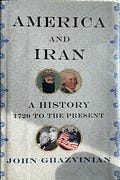


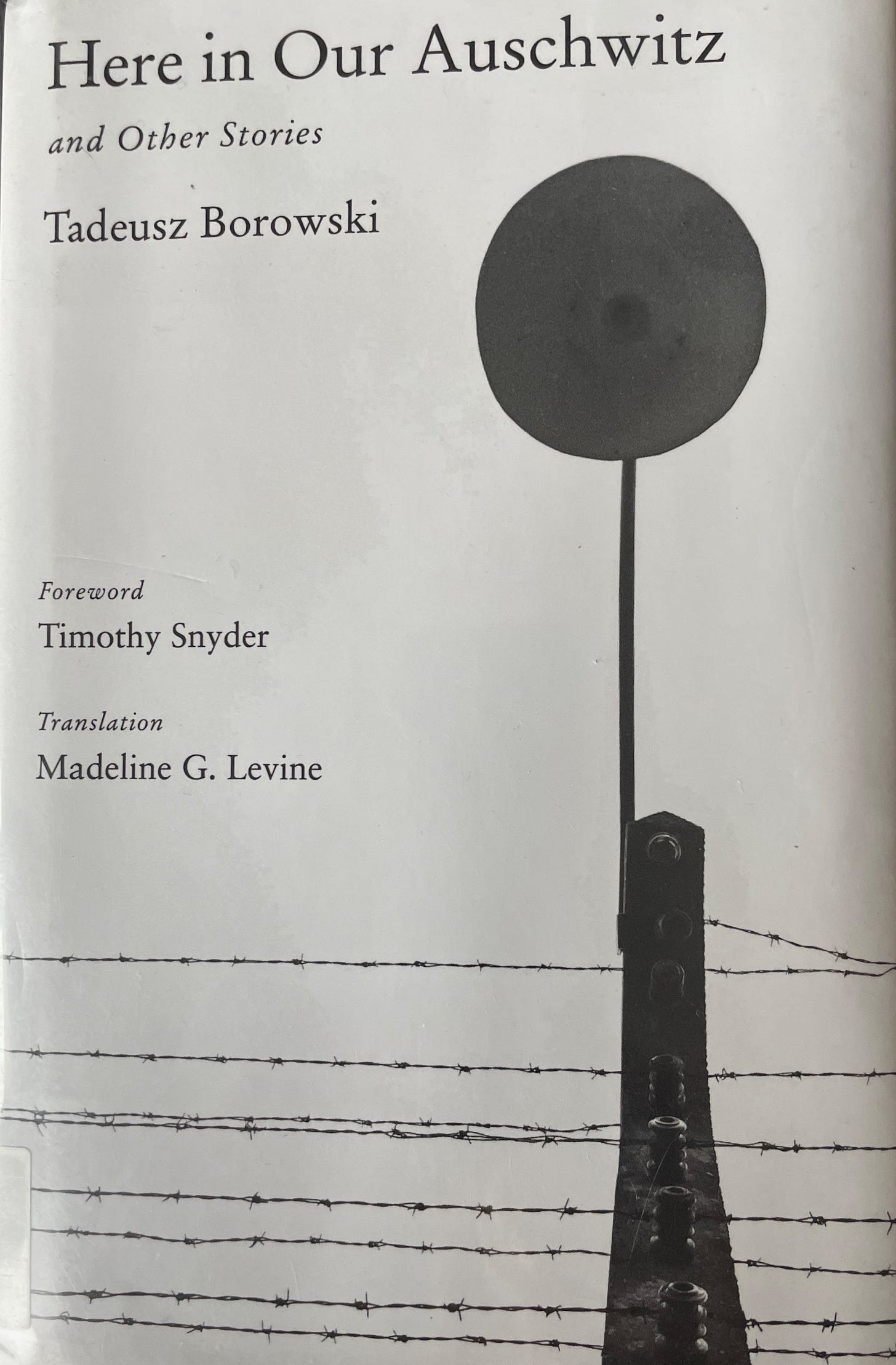
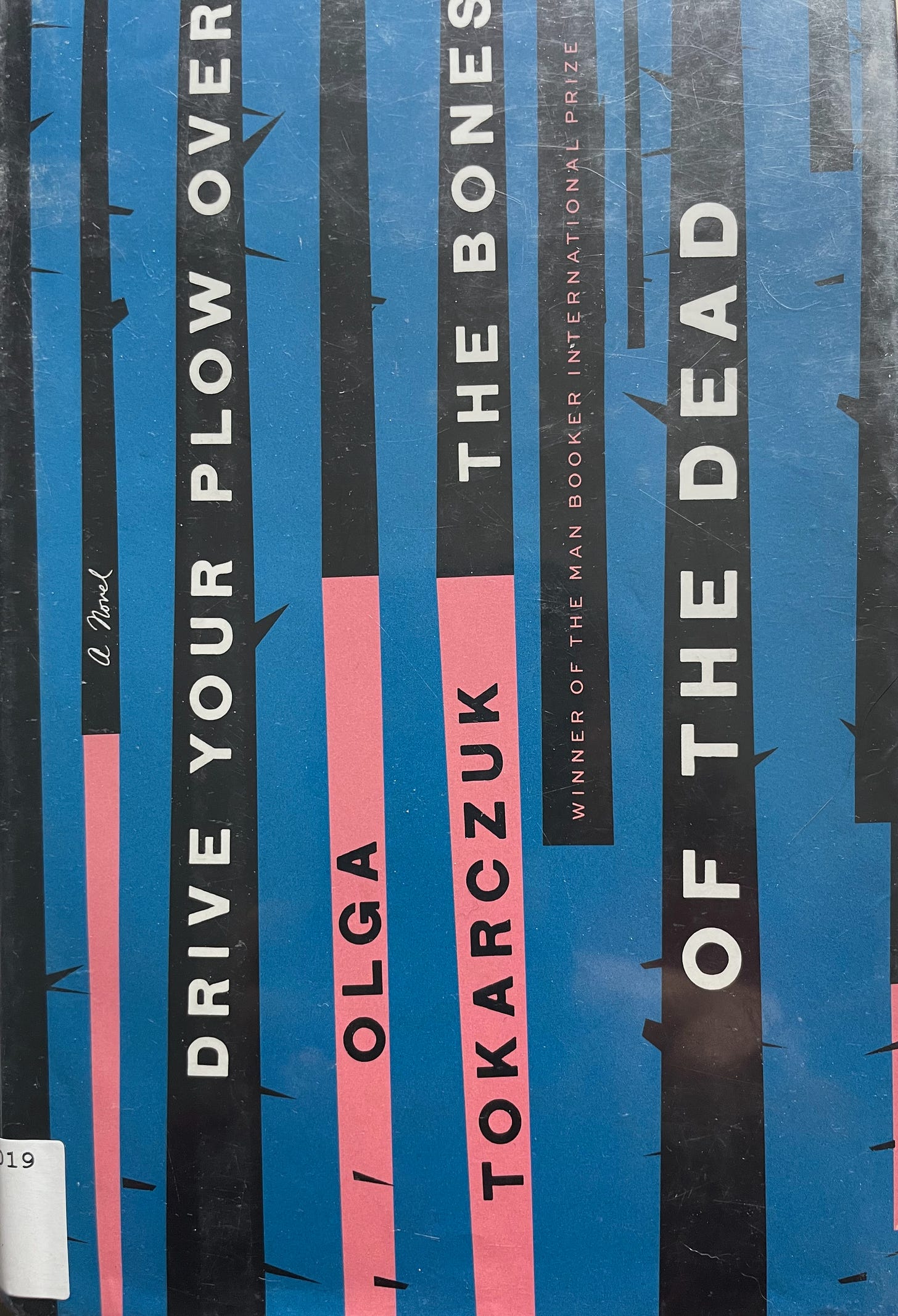
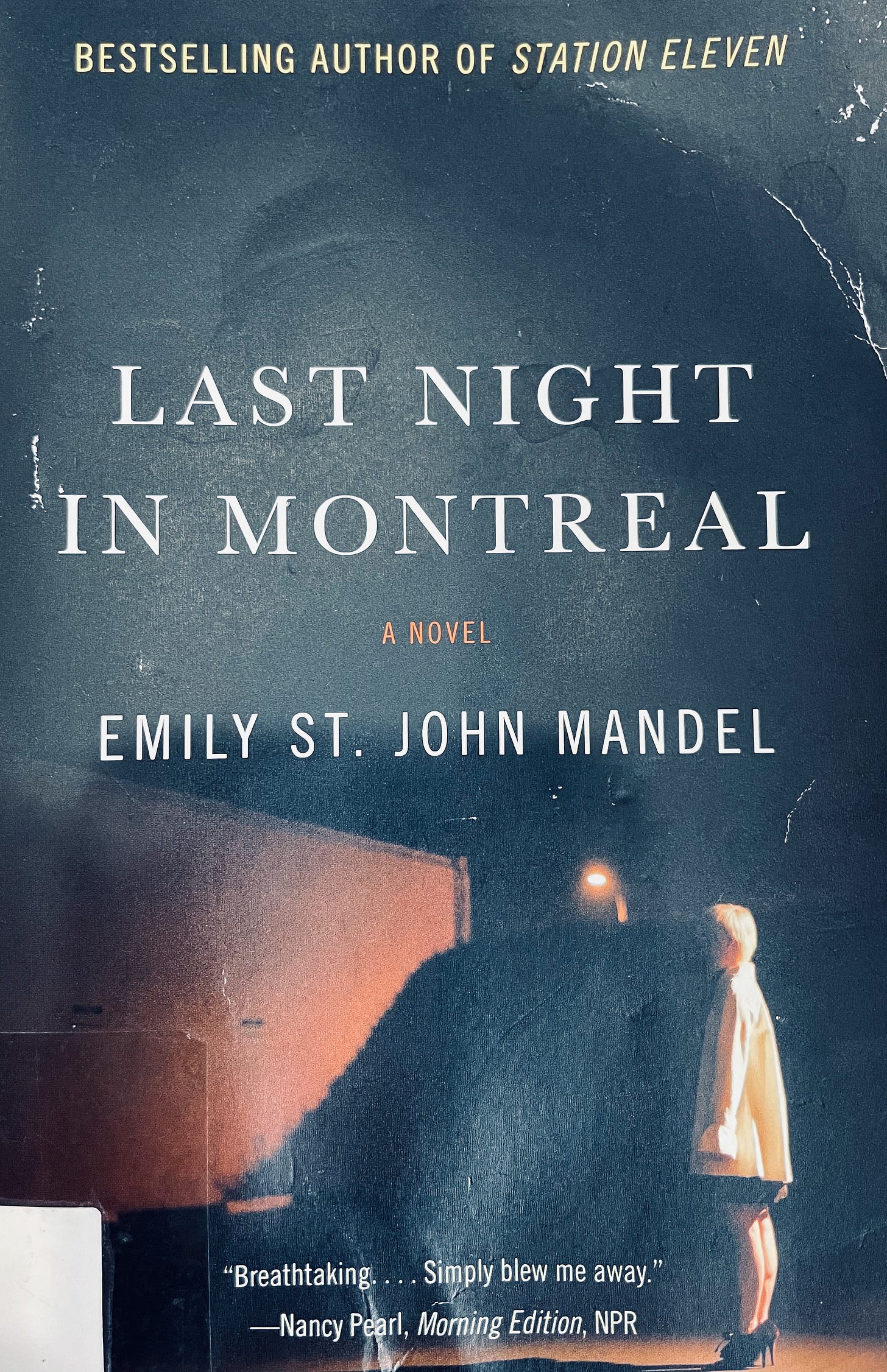
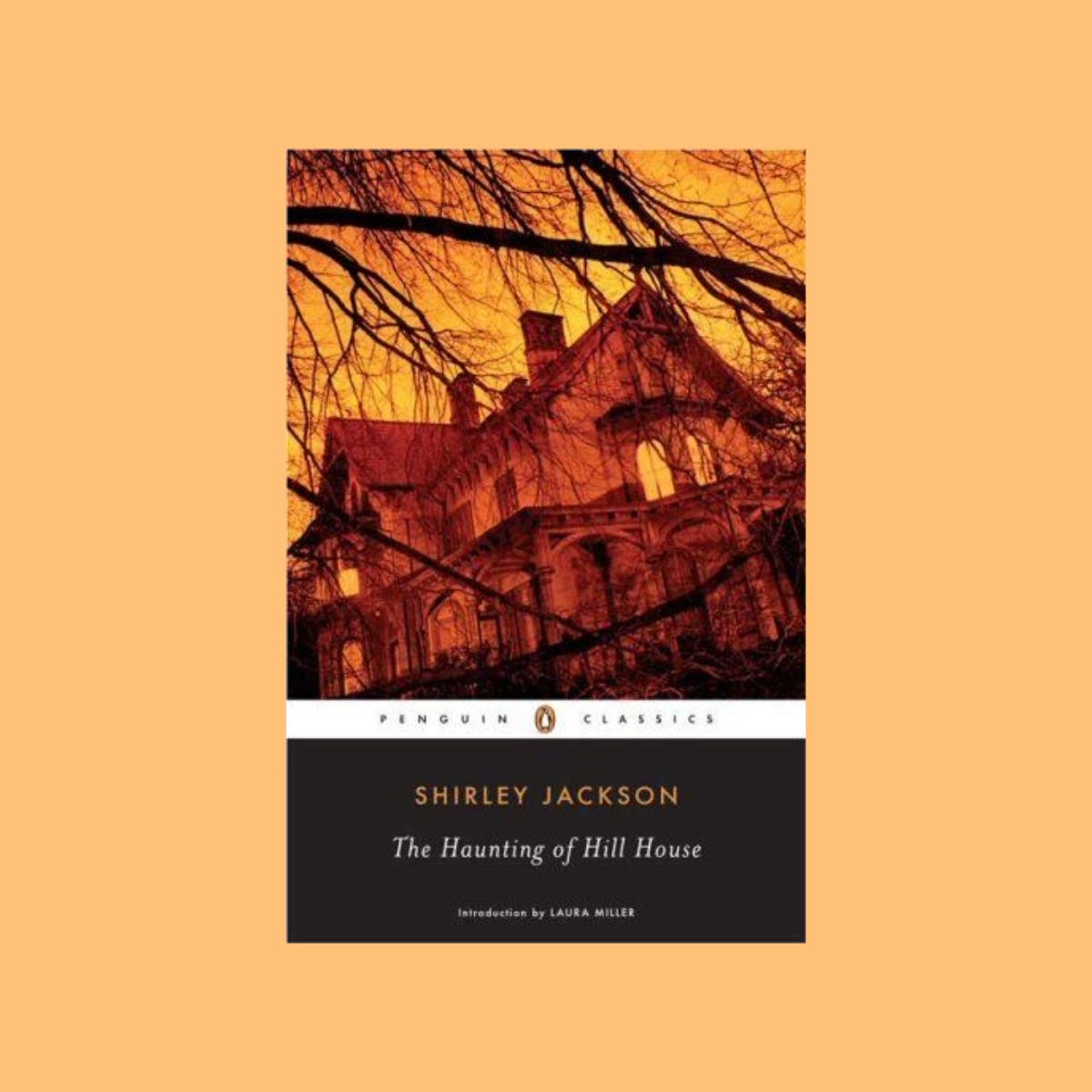

Always in awe of your reading capabilities! I ❤️ Tocarczuk BTW. The book was also turned into a film titled Spoor.